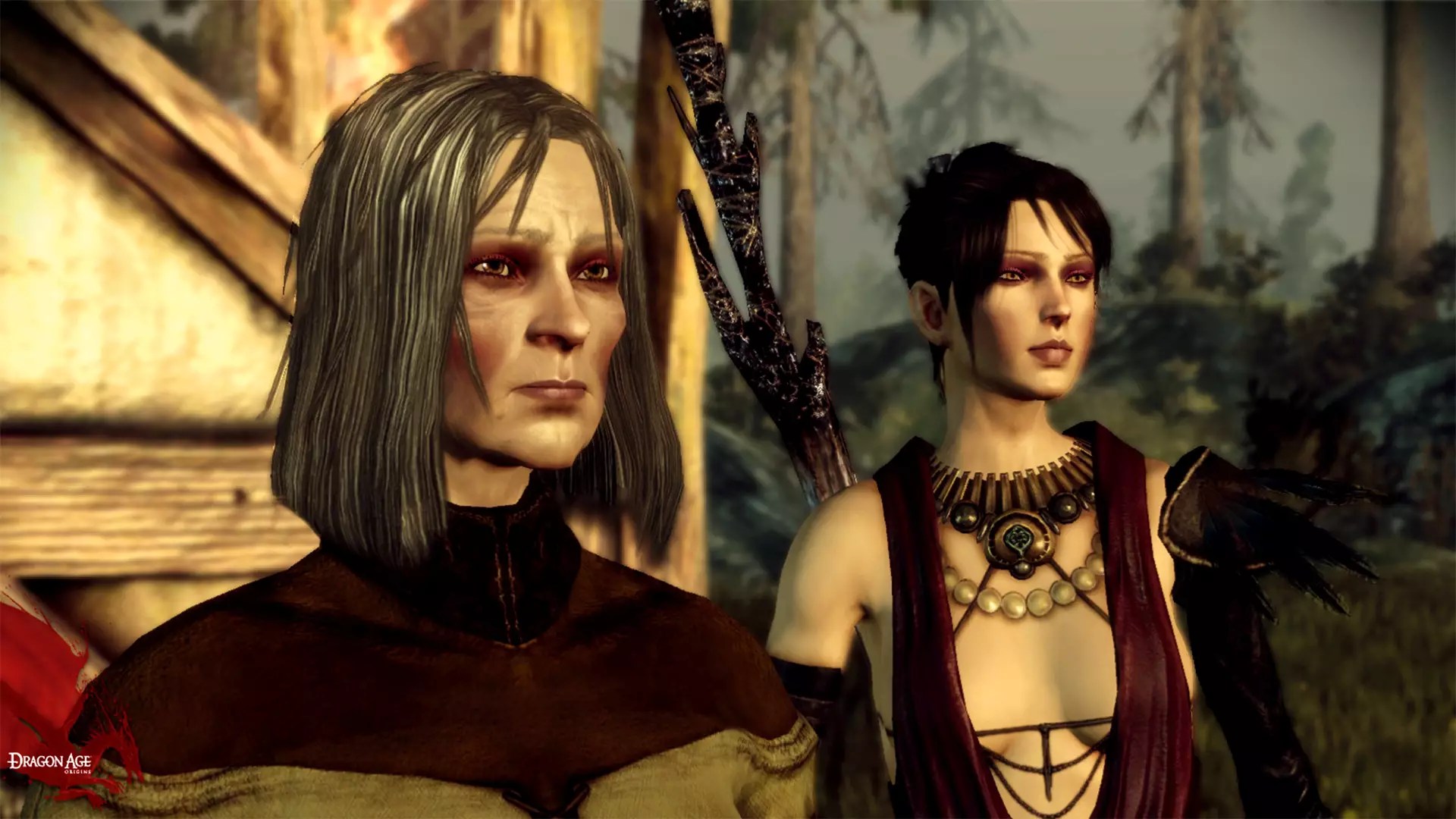The concept of romance in role-playing games (RPGs) has undergone a significant evolution over the years. David Gaider, known for his narrative leadership in iconic titles like *Dragon Age: Origins*, *Dragon Age 2*, and *Dragon Age: Inquisition*, has been a vocal critic and proponent of nuanced relationship dynamics within these fictional worlds. Gaider is particularly interested in the balance between player agency and character authenticity, challenging the trend of “player-sexual” romance options where every character can become a romantic interest, regardless of the player’s identity. With the rise of games like *Baldur’s Gate 3*, which offers a cast that is entirely available for romance, the conversation around this topic is reshaping the landscape of narrative design in RPGs.
The Dichotomy of Player Preferences
In a recent interview with *GamesRadar+*, Gaider emphasized a “sharp divide” within the gaming community regarding romantic interactions. On one side are players who thrive on the freedom to romance any character, fully immersed in the fantasy of infinite possibilities. On the other, there are those who desire a more grounded experience—one where not every character is immediately available, creating a realistic sense of rejection and the complexity of relationships. This tension reflects broader societal themes of expectation and rejection in interpersonal relationships, which Gaider believes is essential for crafting compelling narratives.
When he states, “you can’t do it both ways,” Gaider highlights the inherent limitations in storytelling that arise when all characters can be romanced. This creates characters who, by design, have their motivations overshadowed by their role as potential romantic partners, risking the depth and richness that make RPG narratives memorable.
The Richness of Character Motivation
The crux of Gaider’s philosophy lies in the belief that characters should be more than flag-waving romantic interests. He posits that if every character is “player-sexual,” their individual arcs can become diluted, restricting them to one-dimensional personas whose primary purpose is to facilitate the player’s romantic fantasies. Building significant relationships requires effort and investment, be it through friendship, rivalry, or shared goals. Characters should have their own narratives, with their motivations compelling enough to warrant the player’s admiration or respect, which can enhance the emotional stakes of any romantic endeavor.
Gaider articulated that he aims to create characters with their distinct agency—characters who may choose to distrust the protagonist, setting up a compelling journey for players to navigate. This complexity not only enriches character development but also adds layers to the player’s experience, where romance is earned through connection rather than assumed ownership.
The Agency Paradox
The debate surrounding player agency is an important one. Gaider suggests that when romance is a straightforward option for every character, it inadvertently strips away a part of the story’s richness. The notion of earning a character’s affection, navigating through challenges and misunderstandings, and ultimately engaging in a meaningful relationship contributes to a narrative depth rarely found in games with a blanket approach to romance.
Moreover, this discussion taps into the gaming industry’s ongoing struggle for inclusivity and representation. While many players appreciate the option to pursue romantic interests regardless of gender, Gaider raises concerns that these options can overshadow other critical identities within a character’s life. If every interaction is heavily laced with flirtation, there’s a risk of neglecting the multifaceted human experiences that can exist in non-romantic contexts, thus presenting an incomplete picture of relationships.
The Future of Romance in RPGs
As the landscape of RPGs continues to evolve, the dialogue sparked by Gaider’s insights invites developers to critically assess how romance can be woven into the fabric of their narratives. The challenge lies in striking a balance that fosters both player agency and character authenticity. Although games increasingly lean toward broader inclusivity in their storytelling, the best experiences may emerge from nuanced character relationships that require time, effort, and reciprocity.
In an era where players seek greater emotional depth and connection within their gaming experiences, the call for well-crafted narratives is more pertinent than ever. By creating characters that resonate on multiple levels and offering romance as a reward for investment rather than an automatic default, developers can shape more profound gaming experiences that transcend our expectations of romantic interactions, establishing interactions that feel as authentic and multifaceted as the players themselves.


Leave a Reply